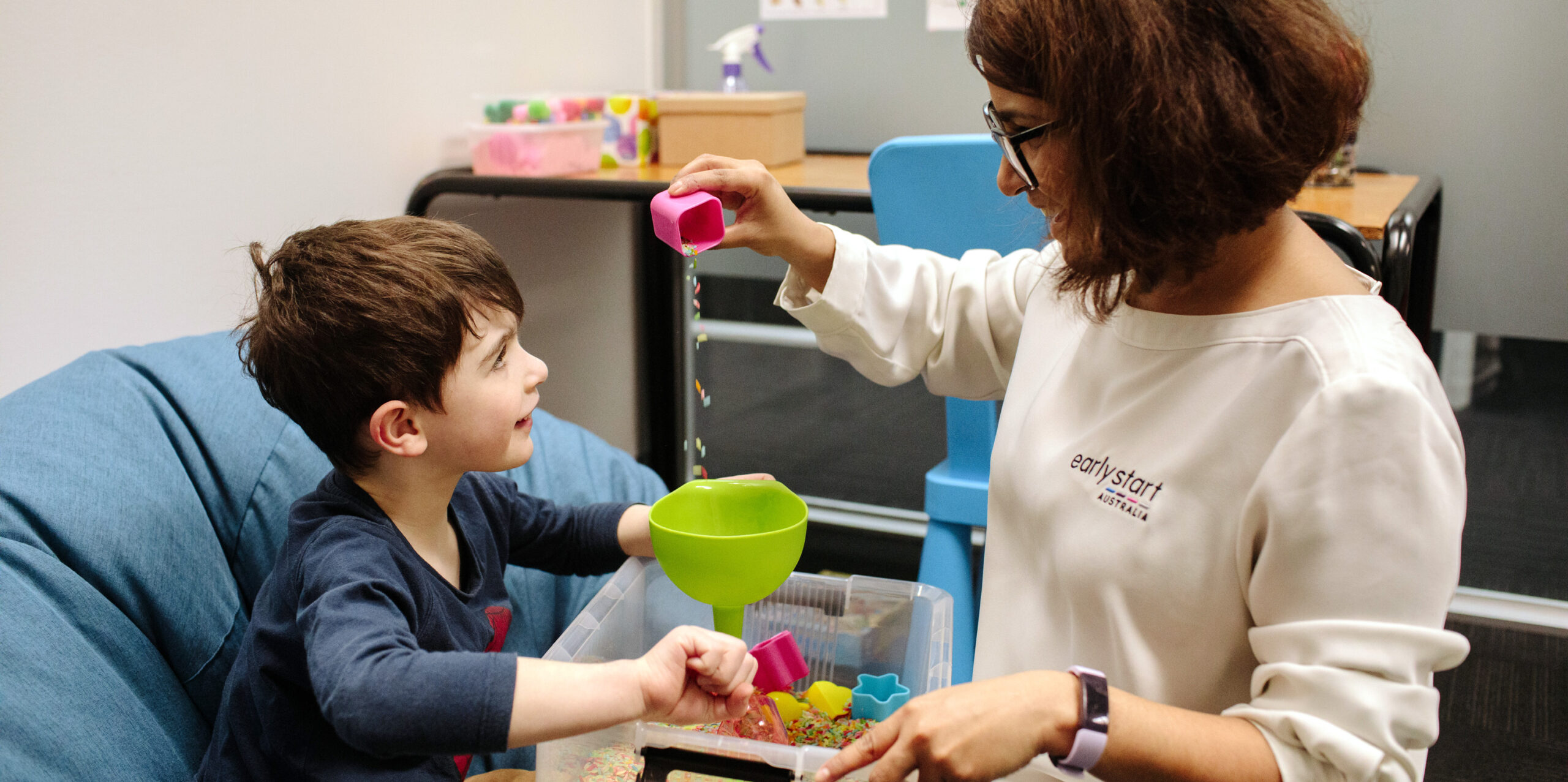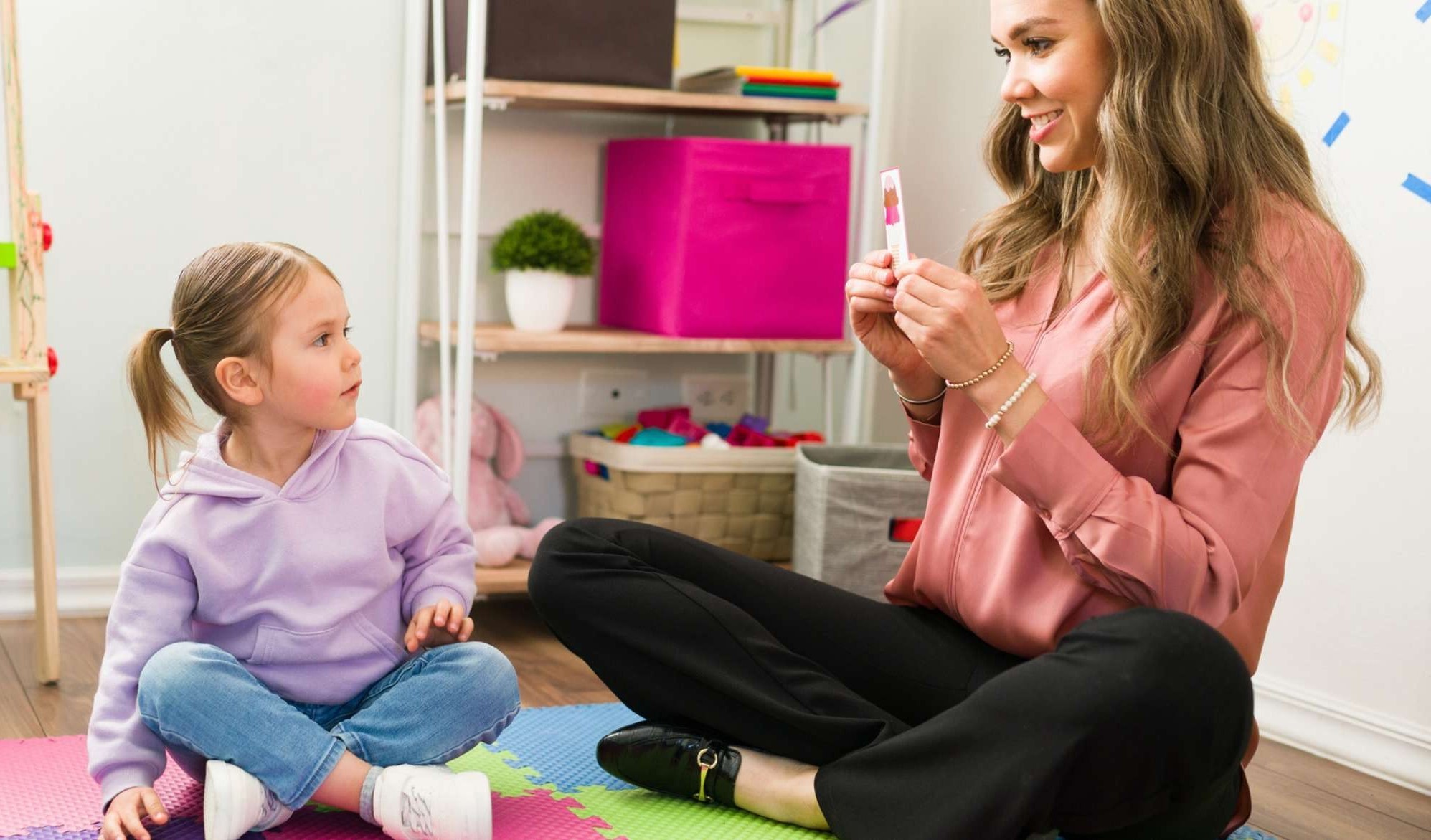
Our services
Our multi-disciplinary teams deliver evidence-based early intervention therapy services and support to help you thrive.
Enquire Now Start Your BookingHow we can help
No matter where you’re at on your therapy journey, we offer a range of services, programs and evidenced-based therapies to realise your goals.
Please note, available services and programs vary between clinics, so please check with your local clinic about their therapy services.

Assessments and diagnostics
Testing to guide a formal diagnosis or identify support needs.
Learn more
Group programs (including school holiday programs)
Learning and developing skills in an interactive environment.
Learn moreThe best time to start your therapy journey is now
Our passionate team of health professionals is here to help you on your therapy journey.
We’ll work with you to understand your needs and goals and develop the right strategies and tailored therapies to reach them.
Because we believe nothing should stop you from living a happy and healthy life.
Find a clinic
We have clinics in every state and territory providing assessments, early childhood intervention therapies, and support to help you thrive.
Find a clinicThe Early Start Australia promise

Holistic care and treatment plans
Our multi-disciplinary team works together with you to understand your child’s needs. From there, we’ll develop a plan with evidence-based strategies. Work with us to achieve your goals and enjoy a better quality of life.

Australia-wide reach
With clinics in every state and territory, and an experienced team of therapists. Find help when you need it, where you need it.

Registered NDIS provider
We are a registered NDIS provider and are here to help you on your NDIS journey. We provide quality and safe services, follow NDIS requirements, and support your needs and goals.

Early intervention at all stages
Early intervention is not just for young children. We offer therapies that cater to all ages, needs and abilities, and we know the sooner you start your therapy journey, the better your outcomes. With us, you can learn new skills and enjoy more freedom and control in your life.






